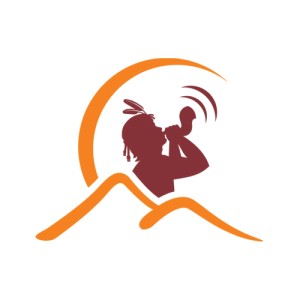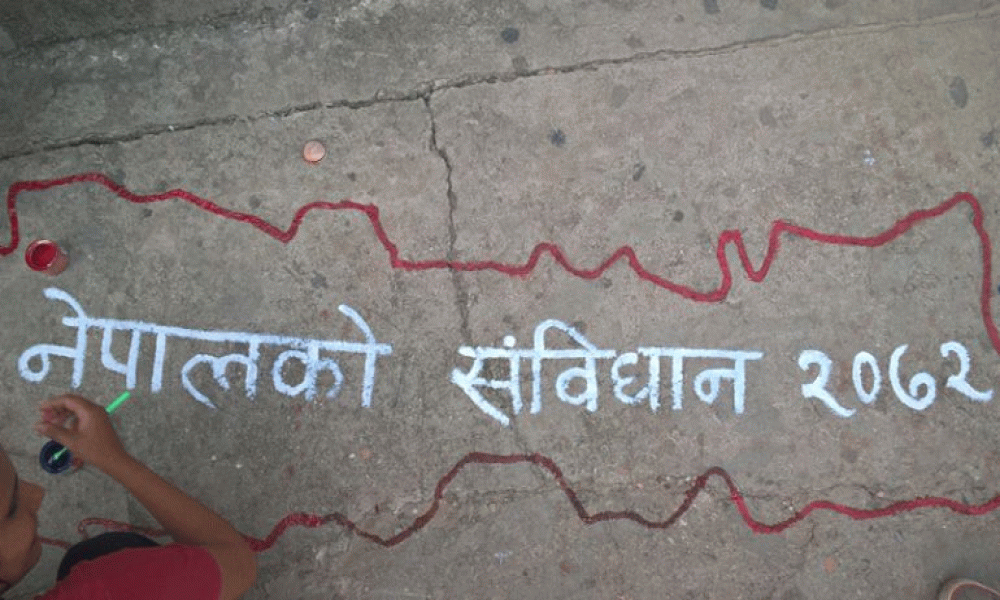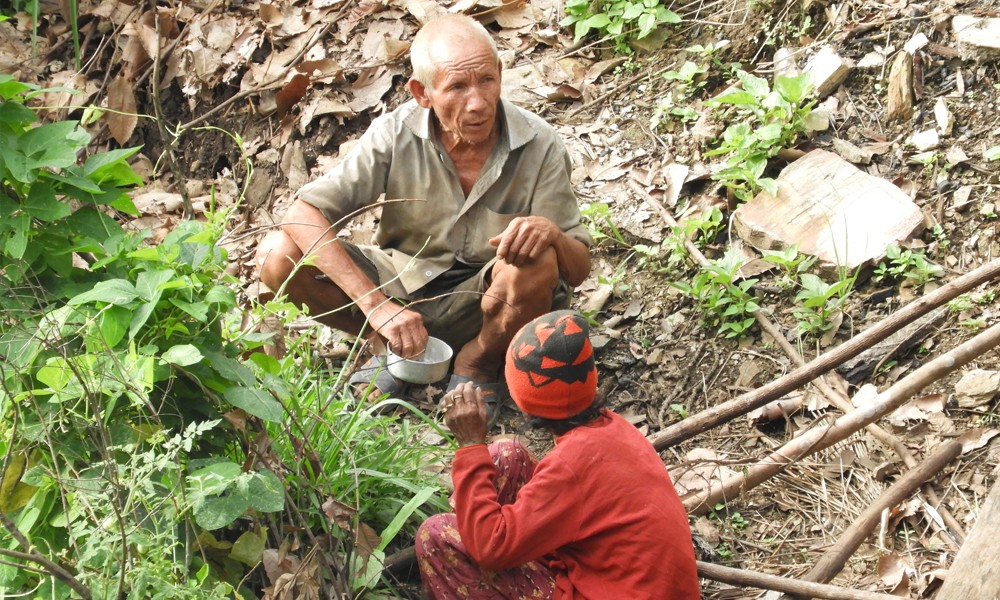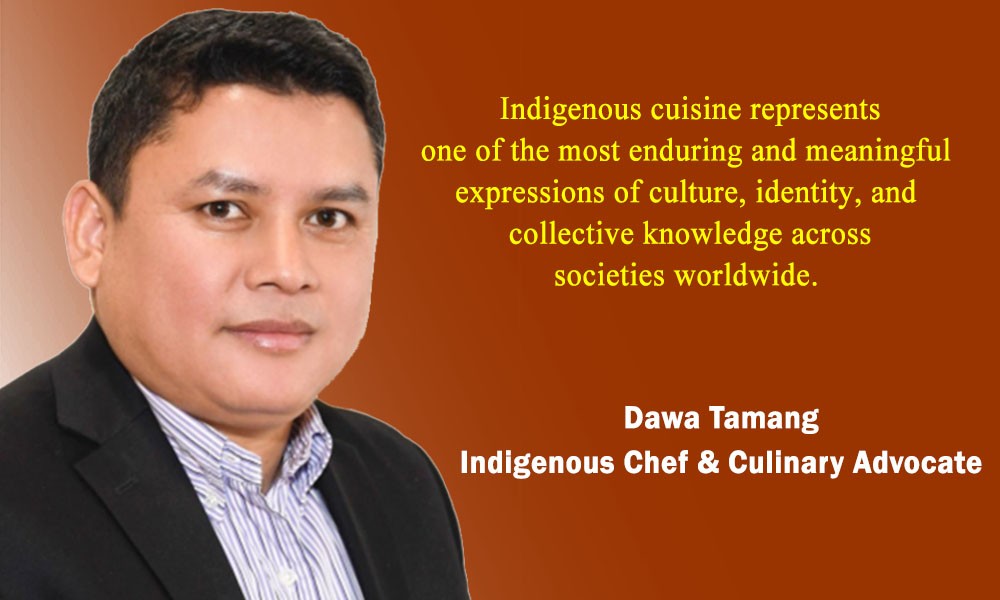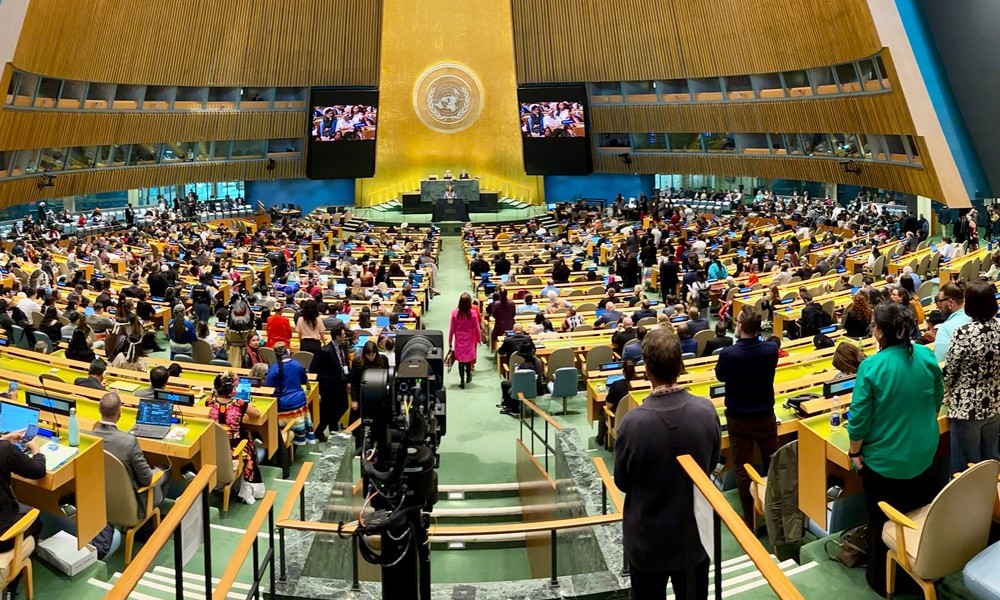The article 21 of the interim constitution 2007 had ensured proportional representation of seven disadvantaged groups including Janajatis and Madhesis in all state organs. The phrase 'proportional representation' was mentioned in the article 33 D (1) as well. The new constitution is devoid of words like 'proportional representation' and all state organs'. And Khas-Arya, the ruling class in Nepal, has been classified as a community entitled to reservation. Reserving seats meant for disadvantaged communities for the ruling class dilutes the purpose of reservation and inclusion.
The article 18 (3) of the new constitution says special arrangements will be made as per laws for protection, empowerment and development of women, Dalit, Adivasi Janajatis, Madhesis, Tharus, Khas Arya (identified as five distinct groups) and other communities. Khas Arya people are already the most dominant people in all state organs, now this provision ensures that they will get their dues even under reserved quotas. Janajatis have as many as 59 different groups. Madhesis and Dalits have more than 30 groups each. When only Khas Arya groups are defined and others are not defined in the constitution, it is likely that Adivasi Janajatis, Dalits and Madhesis will not get their dues. This article has been inserted so cleverly that hegemony and dominance of the Khas-Arya people will continue in future, too.
When only Khas Arya groups are defined and others are not defined in the constitution, it is likely that Adivasi Janajatis, Dalits and Madhesis will not get their dues.
The constitution of Malaysia has reserved job and education quotas for indigenous people. The Indian constitution reserved job, education and political quotas for indigenous people, Dalits and Other Backward Castes (OBCs). South Africa's constitution has reservation policies of black people victimized by apartheid, indigenous people, women and physically disabled people. In the US, African American and indigenous people who have faced historic discrimination get reserved quotas. In short, reservation is meant for historically oppressed, marginalized and discriminated communities. But Nepal has made mockery of reservation policies by reserving quotas for the ruling class.
Khas Arya is not a backward community. They are far ahead of other communities in political, economic, social and educational fronts. They have been at the helm of Nepal for the last 250 years. Their language has always been Nepal's official language, so they do not face linguistic discrimination. Their religion has been the state's religion for more than last 250 years, so they have never faced religious discrimination. The state has never seized their lands, as it did to Adivasi Janajatis. They have never been treated as immigrants like Madhesis. They were never victimized by practices of untouhability like Dalits. So why does the state have to reserve seats for them? They argue that some people in Khas Arya community are below the poverty line. If some of them are, programs should be launched to uplift their economic status. But it is totally unjustifiable that seats are reserved proportionally for them.
(This article is the second part of a series published by LAHURNIP, the Lawyers Association of Human Rights of Nepalese Indigenous People, to shed light on several aspects of Nepals new constitution with regards to Adivasi Janajatis)


